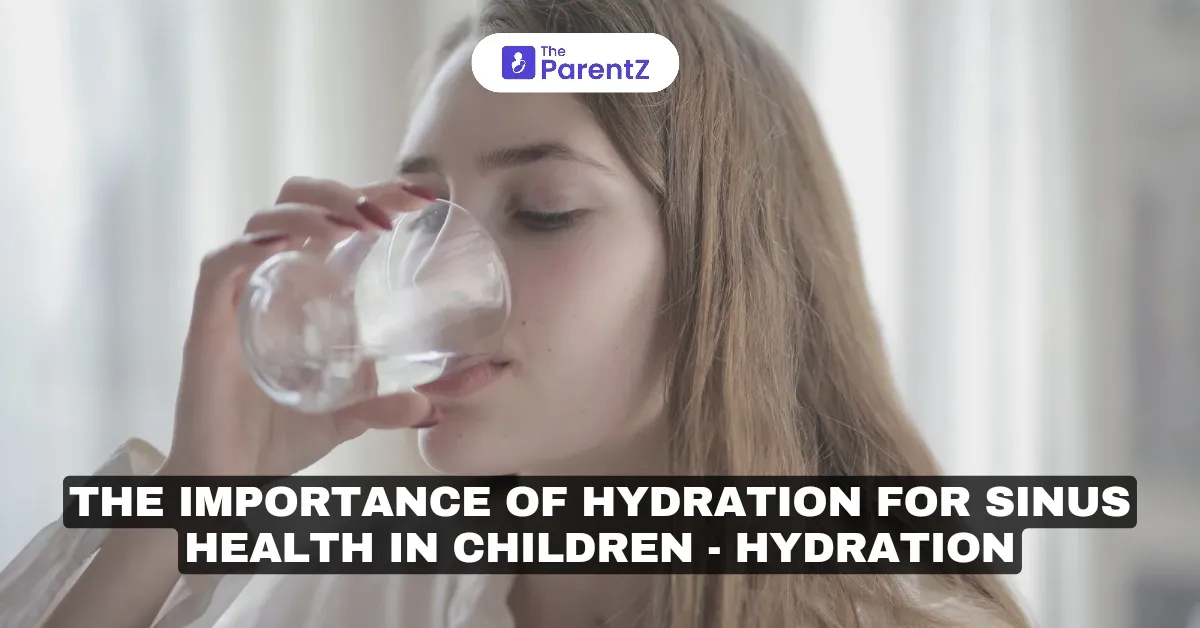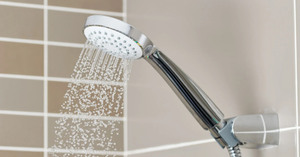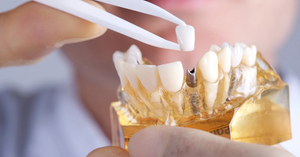Hydration plays a critical role in maintaining overall health, particularly for the sinuses. In children, proper hydration is essential for supporting healthy mucus production and drainage, which are crucial in preventing sinus problems like congestion and infections. This article delves into the connection between hydration and sinus health, providing practical tips for parents to ensure their children stay hydrated.
How Hydration Supports Sinus Health
The sinuses are air-filled cavities in the skull that produce mucus to trap dust, allergens, and pathogens. Proper hydration ensures the mucus remains thin and fluid, allowing it to flow freely and keep the sinuses clear. When a child is dehydrated, the mucus becomes thick and sticky, leading to blockages that can result in:
• Nasal congestion
• Sinus infections (sinusitis)
• Increased risk of bacterial growth
Benefits of Proper Hydration for Sinus Health
1. Maintains Mucus Consistency
• Thin, well-hydrated mucus is easier to drain and less likely to block the nasal passages.
2. Reduces Inflammation
• Staying hydrated helps reduce swelling in the nasal tissues, improving airflow.
3. Prevents Dryness
• Proper hydration keeps the nasal lining moist, preventing irritation and cracks that can allow pathogens to enter.
4. Supports Immune Function
• Hydration aids the immune system, helping the body fight off sinus infections and colds.
5. Improves Recovery
• During sinus infections or colds, hydration helps flush out mucus, reducing recovery time.
Signs of Dehydration in Children
Parents should watch for signs that their child may be dehydrated, such as:
• Dry mouth or lips
• Dark yellow urine or infrequent urination
• Fatigue or irritability
• Headaches
• Reduced tear production
Hydration Tips for Maintaining Sinus Health in Children
1. Encourage Regular Water Intake
• Offer water throughout the day, especially during play or exercise.
• Use fun, colorful bottles to make drinking water appealing to kids.
2. Incorporate Hydrating Foods
• Fruits like watermelon, oranges, and strawberries have high water content.
• Vegetables like cucumber, celery, and lettuce also contribute to hydration.
3. Limit Dehydrating Beverages
• Reduce intake of sugary drinks, caffeine, and sodas, which can contribute to dehydration.
4. Use Humidifiers
• Adding moisture to the air can prevent nasal dryness, especially during winter or in air-conditioned environments.
5. Encourage Warm Fluids
• Warm soups, herbal teas, and broths can soothe irritated sinuses and provide additional hydration.
Hydration During Illness
When children are sick with colds, allergies, or sinus infections, hydration becomes even more critical. Increased fluid intake helps:
• Thin mucus, making it easier to expel.
• Flush out toxins and allergens from the system.
• Reduce symptoms like headaches and fatigue associated with sinus pressure.
Oral rehydration solutions or electrolyte-rich drinks can be useful if the child has a fever or is experiencing fluid loss due to vomiting or diarrhea.
How Much Water Do Children Need?
The amount of water a child needs varies based on age, activity level, and climate. General guidelines for daily water intake include:
• Toddlers (1–3 years): 4–5 cups (1–1.2 liters)
• Children (4–8 years): 5–7 cups (1.2–1.5 liters)
• Older children (9–13 years): 7–10 cups (1.5–2.4 liters)
Encourage hydration as a daily habit to support their sinus health and overall well-being.
When to Seek Medical Help
If your child experiences persistent sinus problems despite staying hydrated, consult a healthcare provider. Signs that may require medical attention include:
• Severe facial pain or swelling
• Persistent nasal congestion lasting more than 10 days
• Thick yellow or green nasal discharge
• Recurring sinus infections
Conclusion
Hydration is a cornerstone of sinus health in children, ensuring proper mucus production and preventing blockages that can lead to sinus infections. By encouraging regular water intake, offering hydrating foods, and addressing signs of dehydration early, parents can help their children maintain clear and healthy sinuses. In cases of persistent issues, seeking professional advice ensures timely intervention and care.
References
• Klossek JM, Dubreuil C, Richet H. The bacteriology of chronic purulent secretions in chronic rhinosinusitis: The potential role of anaerobic bacteria. Anaerobe. 2005;11(5):267-271.
• Wald ER. Sinusitis in children. N Engl J Med. 1992;326(5):319-323.
• American Academy of Pediatrics. Keeping children hydrated: Tips for parents. Available at: aap.org. Accessed November 2024.








Be the first one to comment on this story.